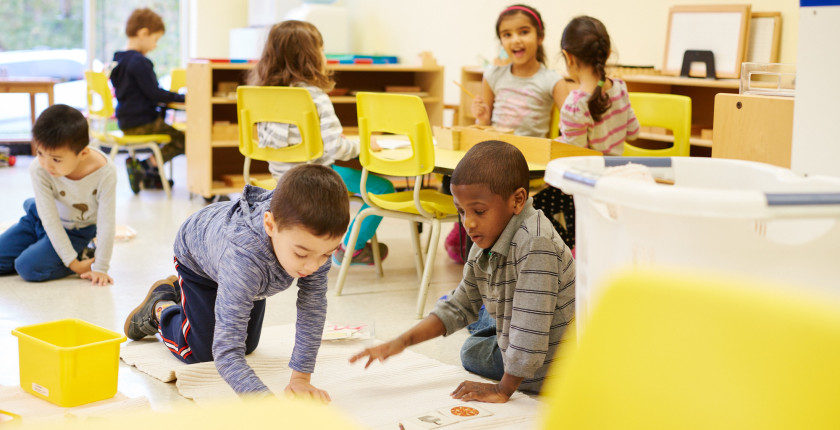Blog
Respecting the Individuality of the Child
- March 10, 2021
- Posted by: admin
- Category: Children in Society Parenting

It is not unreasonable to wonder about the individuality in learning skills from one child to another of the same age. This happens when parents of siblings compare, and when parents compare other children in their child’s class. To make an accurate comparison is difficult since so many variables need to be the same.
Who knows to what degree genetics plays a part? This argument has been going on for years and still is as far as I know. Our children are products of two families and their histories from the beginning of time. We notice similarities in our children with older relatives and this is not a coincidence. Parents with two children cannot know for a fact how many similar traits have been inherited in each child. It is possible for two children in the same family to look and behave almost the opposite of one another. If two children in the same family who have an identical home environment and also attend the same school can be so different then how can we compare children of the same age from different families who, therefore, have even less in common? There are also chemical elements involved, of course. The brain is a growing, developing organ. What areas of the brain develop when is in large part due to when stimulation occurs on that lobe. This is also part of heredity and something over which we have little control.
In Montessori, there are sensitive periods for the development of language. What that suggests is that during certain times, the child is more capable of remembering letters etc. without much effort. Montessori education respects this individual development and these periods are considered to last a few years. For some children, these sensitive periods begin sooner than for others, but all children do experience them.
Is it true that being able to understand concepts sooner or faster makes you more intelligent? I have worked with children for over 30 years and am not convinced that faster is better or smarter. What I am convinced of is that if children are accepted and not compared to their peers, they are more likely to be confident. This self-esteem translates into children who learn when they are ready and on their own timetable.
Parents who are convinced their child is behind often unwittingly become pushy. They see their intervention as encouragement, but with some children it may make them feel that they are not good enough. If this happens, it can often slow the learning process down, not speed it up.Parenting is never an exact science. There is no book or article that has a chapter to tell you exactly when to do what. I am and always have been a strong advocate of following your heart. If your child is happy and progressing during these pre-school years, perhaps this has come from him/her being in an environment where who they are and what they can do is accepted and celebrated by everyone. This security translates in all sorts of positive ways, including academics.
I have observed extensively that when a child is allowed to establish their own pace, they are comfortable and relaxed. As children progress, they indicate their rate of learning and we respect that. With some students, understanding concepts does seem a quicker process than for others. Are you concerned that your second child is grasping concepts more slowly than your first? Talk to his/her teacher. Even though siblings often have very different learning paces, this may not indicate problems. The parameters for normal in pre-schoolers is quite broad. Sometimes we must be patient.
In a loving, accepting environment, children will thrive. I understand it may be very difficult not to compare, but try your best to resist. There are personality traits, genetic traits and environmental issues that are unique to each child, which we must keep in mind. If we do not perceive any specific learning challenges, then sometimes we must respect the fact that our child’s inner clock for learning is ticking at its own speed. I have found in time children often either meet or exceed parental expectations. All good things come to those who wait.
Johanna
